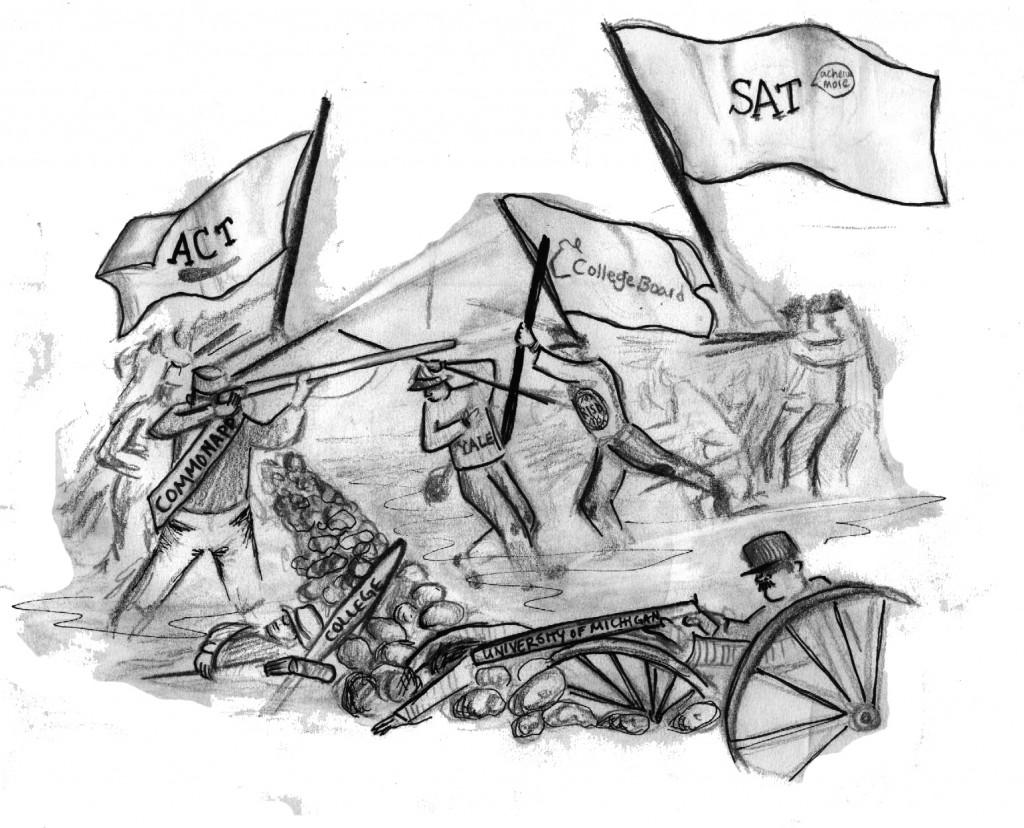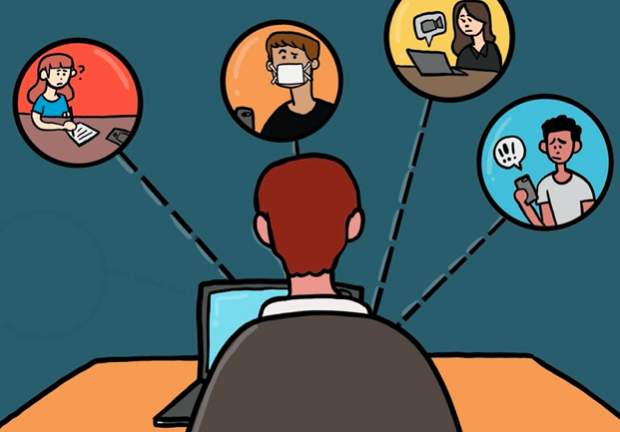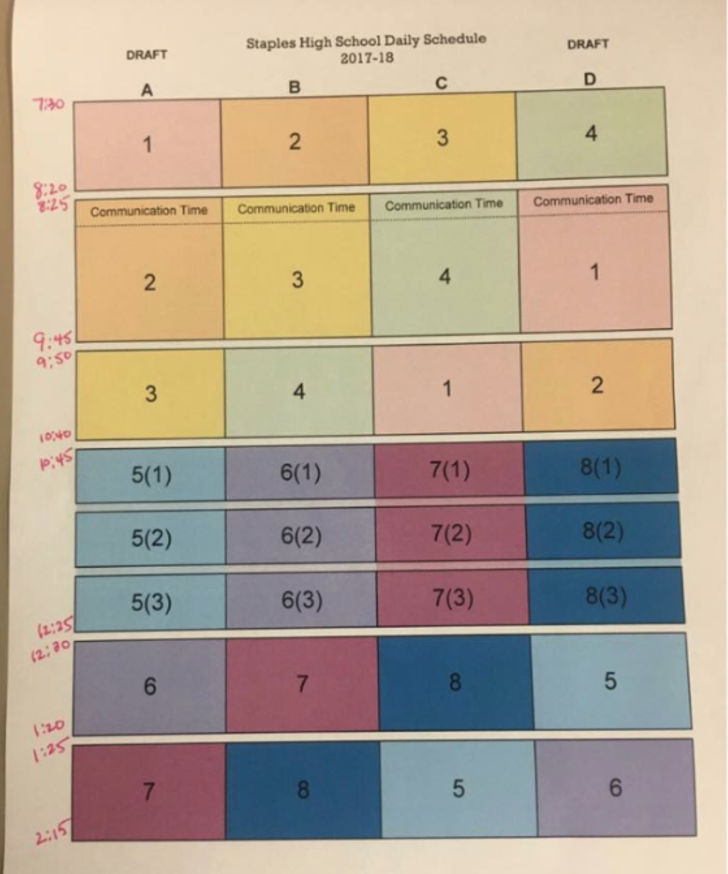Didn’t your mom ever tell you it’s not polite to discuss college counseling at the table? And yet how many times has the phrase “F & B” been uttered in the halls in the past 24 hours?
We’ve lost count.
In actuality, people do more than uttering where college counseling is concerned. They rant, battle and fume. There is an endless debate about whether it is right to get private outside help for the college application process.
The problem with this discussion is that it has no logical resolution. College counselors will likely always exist in Westport, but at the same time it is unlikely that everyone will have one.
The disagreement may always be present, but it should not be cause for war.
It isn’t hard to understand why people get so passionate. This issue involves topics that are inherently touchy–college and money. And maybe the future.
Most people wouldn’t disclose their parents’ income, and most wouldn’t choose to disclose where they are applying Early Decision, but for some reason people talk freely about college counseling, even though it, in a way, deals with one and sometimes deals with both.
This constant conversation has created a dangerous them versus us dichotomy.
On one side, there are those who do not have college counselors.The college application process is long and sometimes complicated. It’s not hard to see why a college counselor, paid specifically to help you get into your dream school, might seem like an unfair advantage.
Maybe people feel jealous. Or they’re conscious they have less. Or that they feel excluded. None of this is helped by the often careless flaunting sometimes characteristic of those with counselors.
There are also those who do not want a counselor at all. For these people, it is a more ethical concern. We’ve all heard the rumors of people who don’t write their essays or even touch their Common App. To some, this might be called–and has been called–“morally bankrupt.”
To someone who has a college counselor, being described as “morally bankrupt” might not sit well, especially if these rumors are not true. When students criticize college counseling, they might not mean to criticize their peers, but that distinction is lost on many.
When people say “college counseling gives an unfair advantage to the rich,” people hear “you’re spoiled.” When people say college counselors write students’ essays for them, people hear, “did you earn your acceptance?”
At the same time, when people say, “I’m going to my college counselor,” people hear, “I can afford this advantage.” And when people say, “My college counselor is practically writing my essay for me,” people hear, “My college counselor is practically writing my essay for me.”
It’s too casual. It’s so a part of daily life that people forget the implications of what they’re saying. They forget that not everyone who goes to a college counselor has their essays handed to them. They forget that there are people who would like a college counselor but can’t afford it. They forget that they only know their own situation.
They don’t realize that when you’re talking about college counseling, anything you say can and will be taken the wrong way.
The college process is extremely stressful for everyone involved. We’re trying to figure out our futures, and it probably is and will be one of the most important things we do in our academic careers. But this is the very reason that friends and classmates should be a support system for students to rely on. Instead we find ourselves in the midst of a civil war. And this is a battle that’s not worth fighting.

















































![[Nov. 2016 Editorial] Battling bystander effect requires administrative change](https://www.inklingsnews.com/wp-content/uploads/2016/11/Screen-Shot-2016-11-22-at-1.05.28-PM.png)

